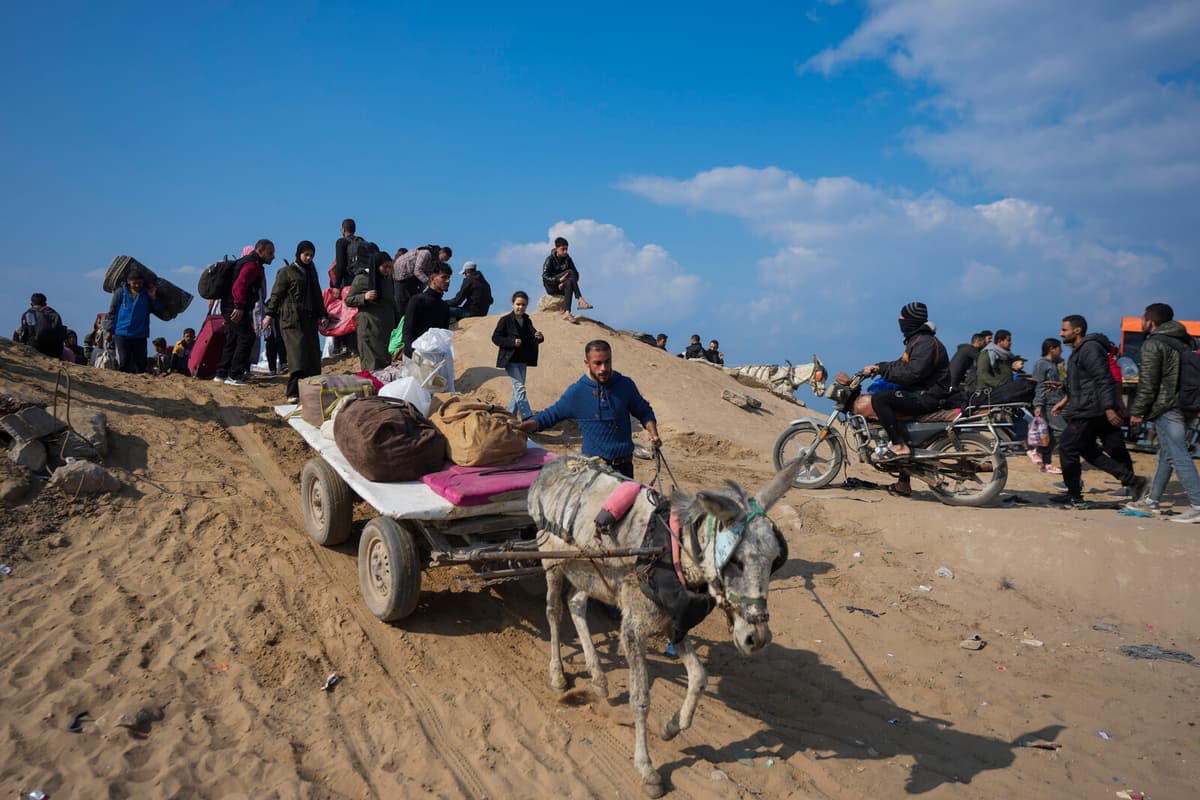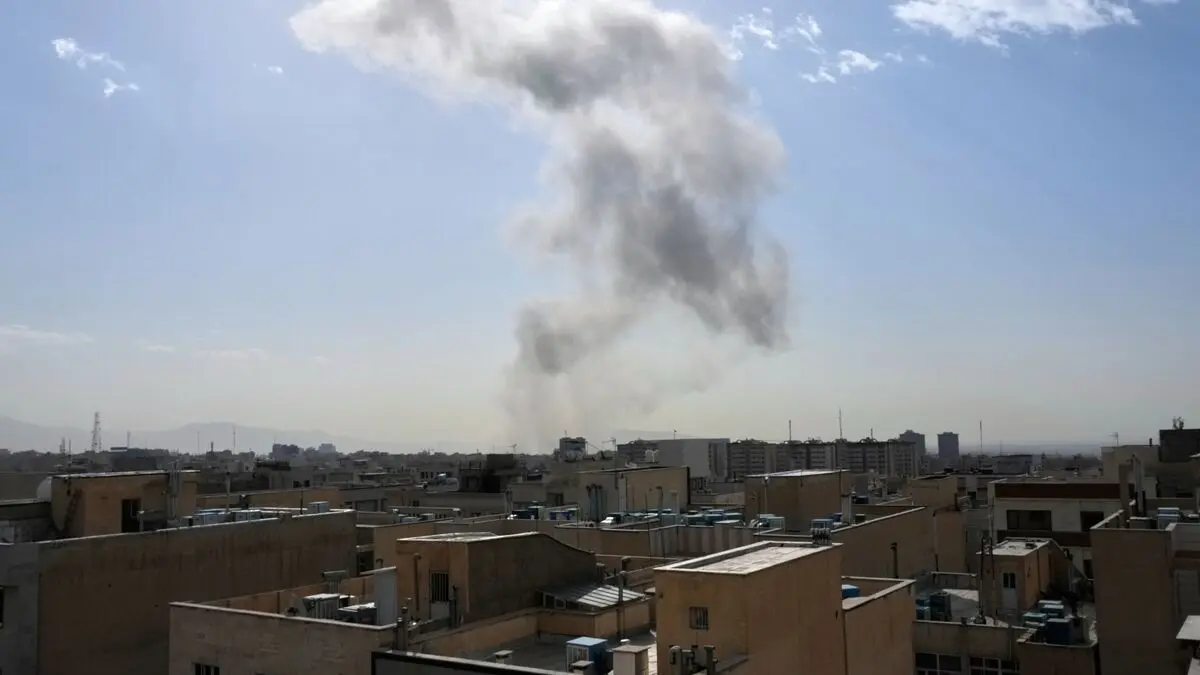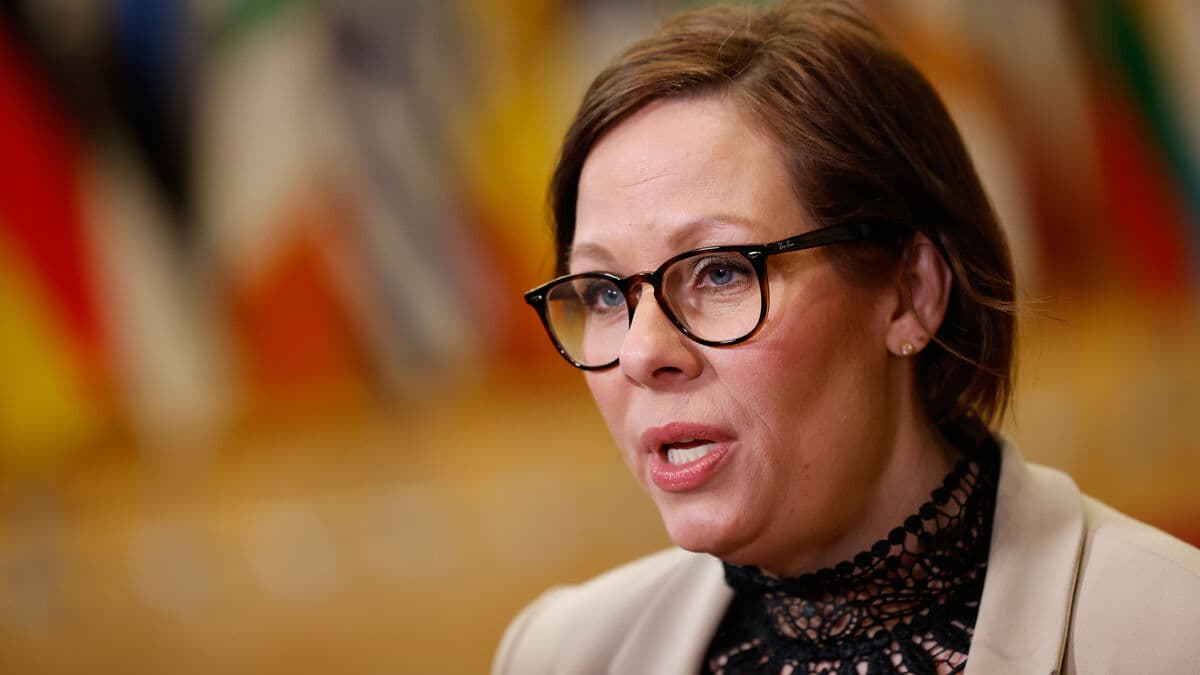The World Health Organization (WHO) and the UN's food program WFP simultaneously note that the destruction of infrastructure and especially the healthcare sector is enormous – which complicates efforts.
According to WHO's representative in the Palestinian territories, Rik Peeperkorn, for example, only 57 out of 142 healthcare centers are operational, and hospital operations are also severely damaged.
At the same time, improvements are seen in deliveries of, among other things, fuel and supplies. WHO has received 62 trucks with provisions and equipment since the ceasefire on January 19, and an additional 22 are expected to arrive in the coming days.
The number of hospital beds is currently between 1,500 and 1,900 – compared to the nearly 4,000 that existed before the war.
Furthermore, WHO estimates that up to 14,000 sick people, including 2,500 children, need to be transferred from Gaza to receive acute care.
WFP, in turn, reports that over 10,000 tons of food have been able to be transported into Gaza. Additionally, further transports are waiting for approval to enter Gaza's border.
According to WFP, more than one million inhabitants will be able to receive sufficient food for three months when the transports arrive.






